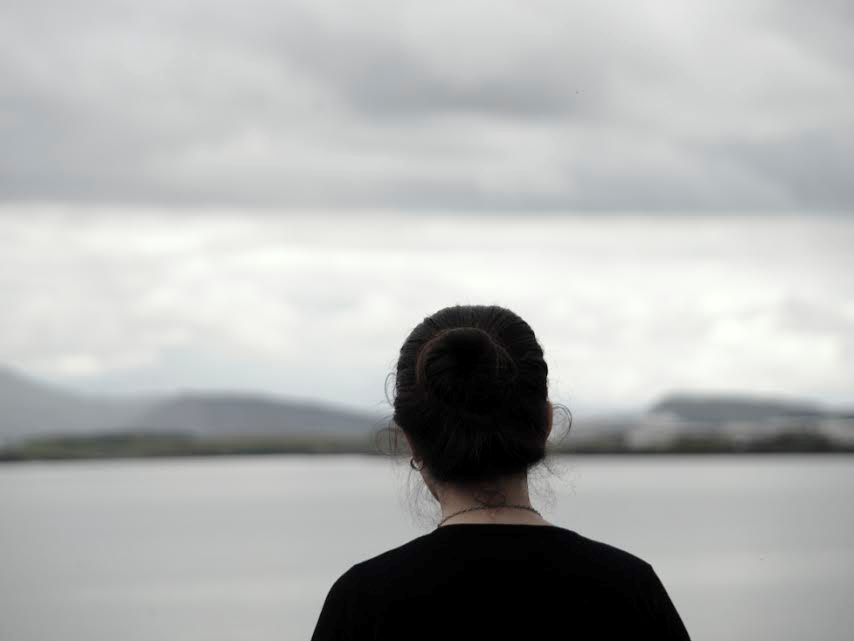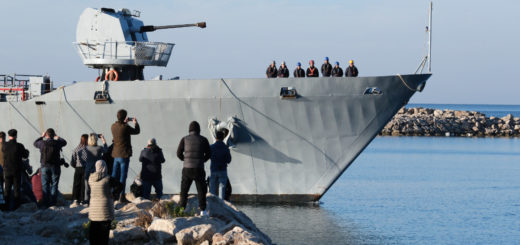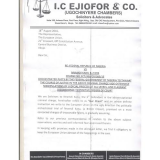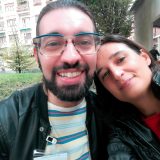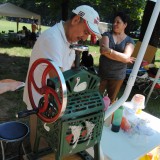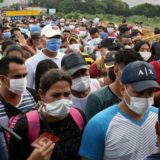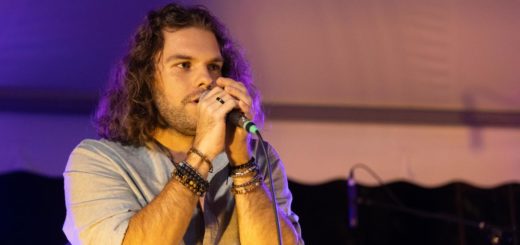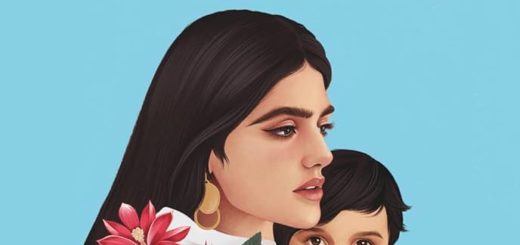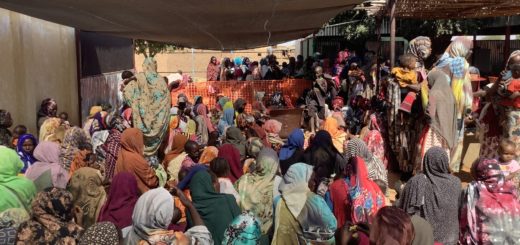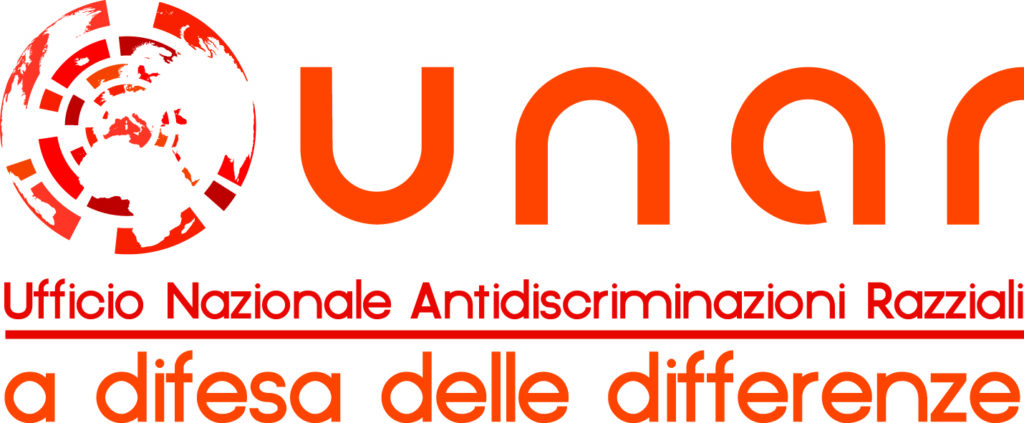“ Hate crimes in Europe!”: Una storia dal Nord/A story from the North
di Cinzia D’Ambrosi
“Seduti in un caffè tra le persone locali e turisti, noi tre sembriamo piuttosto in contrasto con il resto delle persone che ci circondano”. L. e sua madre hanno accettato di incontrarmi. Questa volta per condividere la loro storia. Sono in Islanda da 40 giorni.
“Lasciare il proprio Paese, i legami e la casa è una decisione difficile. Diventa veramente dolorosa se la scelta di lasciare la propria casa e il proprio Paese e’ per sopravvivenza. Quando siamo stati scoperti di essere praticanti cristiani, nel nostro Pese d’origine, in Iran, siamo dovute scappare. “ Avevamo una casa. Stavo studiando all’università. Un giorno, il governo ha scoperto che siamo cristiani. Non abbiamo avuto altra scelta che quella di fuggire. “L. racconta.
La loro partenza improvvisa le ha portate in Grecia.
Spinte dal desiderio di essere aiutate, si sono rivolte alla polizia. Invece questa le separa immediatamente e le mette in prigione.
La sorella di L., che è minorenne, viene messa nella stessa cella degli adulti. La loro esperienza e’ orribile: la polizia si rifiuta di dare alcuna spiegazione. l’unica cosa detta è che, non essendo siriane, non hanno diritto ad alcun aiuto. La salute della madre di L. continua a peggiorare in quanto le sue medicine le vengono portate via. Intanto, L. prosegue: “nella stessa cella c’erano anche donne con dipendenze. Mia sorella minorenne ha visto cose che non avrebbe dovuto vedere. Oggi lei sta avendo difficoltà psicologiche. ‘
La cella è in un piano sotterraneo “Il peggio era non potere vedere la luce del sole. Per un mese intero non abbiamo visto la luce del giorno. Anche il cibo era scarso.”
Poi, un giorno, vengono portate fuori a firmare alcune carte e anche se non capiscono il contenuto, vengono costrette a firmare. Dopodiche’ vengono lasciate andare. Si rendono conto della necessita’ di lasciare il Paese e vengono messe in contatto con un uomo che ha organizzato la loro fuga. Vengono nascoste in un camion che trasporta angurie. Per due giorni si nascondono, senza cibo e né alcuna idea di dove il camion le sta portando.
Infine, si trovano fuori da un aeroporto. Lì vengono dati loro dei vestiti per cambiarsi e i passaporti. Solo quando l’areo atterra e scendono scoprono di essere in Islanda.
Oggi sono in attesa di sentire dal governo islandese la decisione sul loro caso mentre L. spiega che e’ grata di essere viva, ma vorrebbe tanto poter studiare o lavorare. Purtroppo non ha il permesso. Purtroppo, “la gente pensa di te che sei diversa soltanto perché sei un richiedente asilo”.
August 2016. L. has been in the coutry for 4 weeks.
Agosto 2016. L. e’ in Islanda da 4 settimane
Image copyright © Cinzia D’Ambrosi
Le iniziali del nome sono state cambiate per rispettare la richiesta di anonimato.
A story from the North
Early morning, sitting in a coffee shop among locals and holiday goers, the three of us seemed rather at odds with the rest of the people surrounding us. L. and her mother had agreed to meet me. This time to share their story. They had arrived in Iceland 40 days earlier.
“Leaving one’s country, connections and home is a difficult decision. It becomes really painful if you have not choice but to leave your home and country for survival. When you have been discovered to be a practising Christian in Iran, you have no choice but to leave. We had a home, I was studying at University. One day, the government finds out that we are Christians. We had no choose but to leave” L. recounts.
Their sudden departure took them to Greece. It did not occur to them that they would not be believed or that they would have faced detention and harsh treatment. Their genuine need for help led them to immediately report to the police and plead for their help. However, they were immediately separated and put in jail.
L.’s sister, who is a minor was put in the same cell as everybody else. They had an horrible time. No one would tell them why they were detained. They were only told that they were not Syrians and so they did not need any help. They were kept in detention without any information. L.’s mother’s health deteriorated as her medicines were taken away from her.
L’s continues: ‘In the same cell, they were women with addictions. My sister witnessed things she should have been spared of. Today she is having psychological difficulties.’
The cell was on a basement ‘The worst was not being able to see sunlight. For an entire month we did not see daylight. We hardly had any food.’
Then, one day they were taken out and told to sign some papers. Even if they had no idea of the content, they were forced to. They were left to go after that.
They realised that they had to leave the country to be able to have any future. A man arranged for them to hide in a truck carrying watermelons. For two days they hid, without any food or any idea of where they were heading to they stayed on this truck. Finally, they were outside an airport. they were given some clothes to change into and passports and told that once they would arrive to destination, they would need to head to the police and explain what has happened to them. They passed the control and boarded a plane. Only when they landed, they found out that they were in Iceland.
Today, they are waiting to hear from the Icelandic government its decision on their case. In the meantime, L. explains that she is sad that she spends days just waiting, when she could be studying or working. She has been told she is not allowed to. Sadly she says “people thinks of you as being different because you are an Asylum seeker”.

